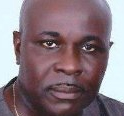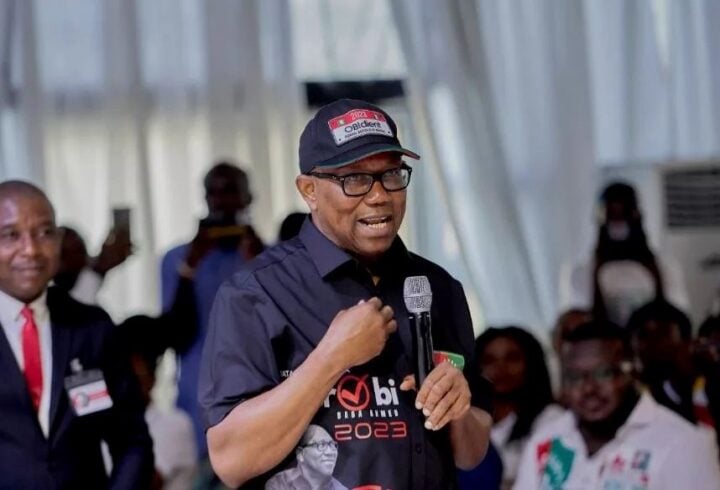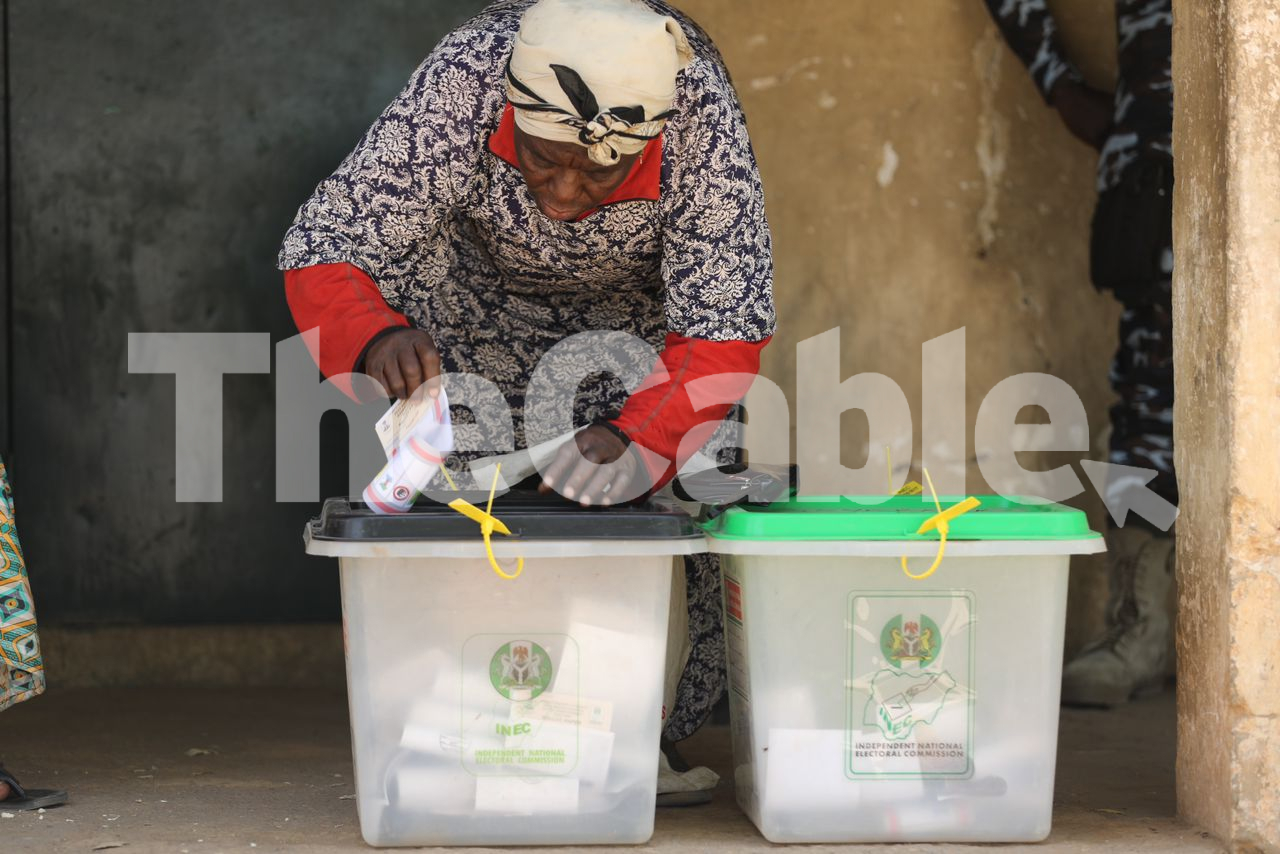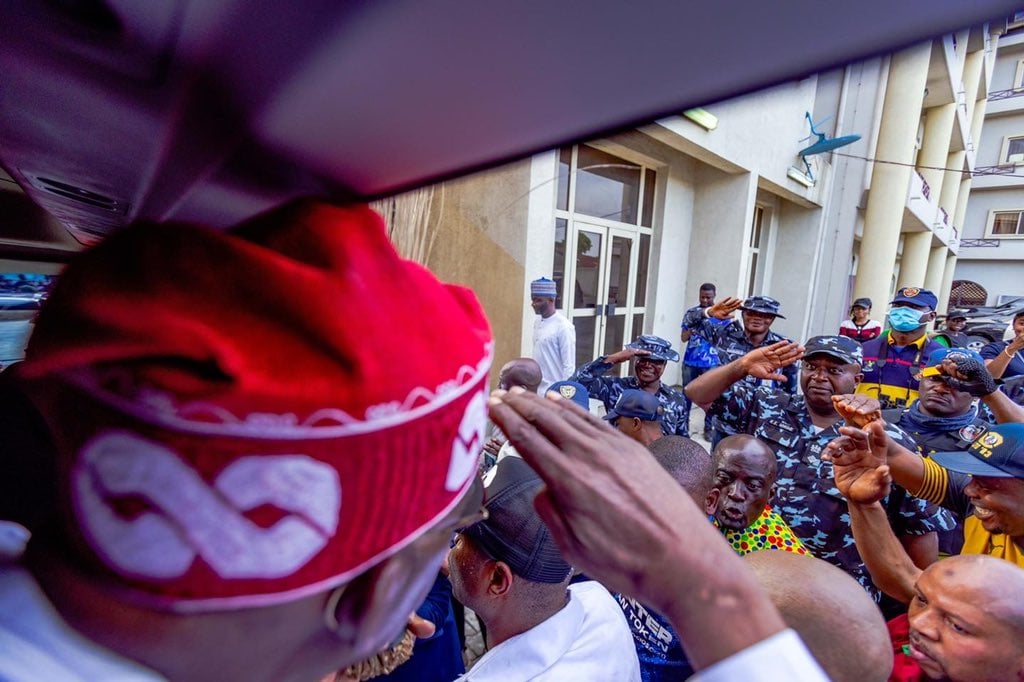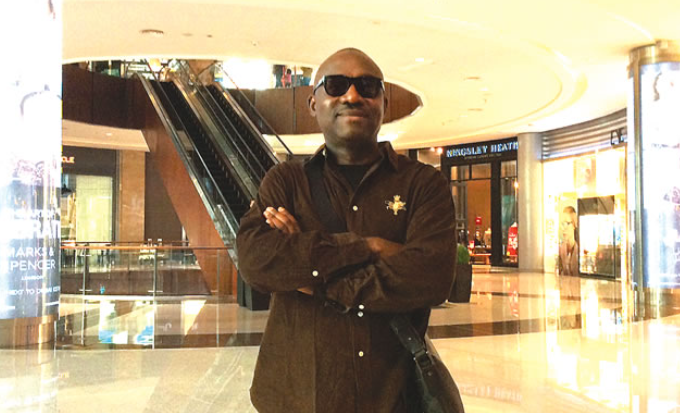Peter Obi, candidate of Labour Party (LP) in the 2023 elections
Did Obi’s candidacy take votes that would have gone to the PDP? The answer to this is not as straight forward as some have made it out to be. In fact arguments that Obi took votes that should have gone to the PDP smacks of an entitlement mentality. When the PDP failed to micro-zone its presidential ticket to the South-east, there was a strong feeling among the generality of the Igbos that the party took their support for granted.
Based on this feeling of being disrespected, I had argued elsewhere (shortly after the PDP’s presidential primary in May 2022) that the party would be unlikely to get up to 25 per cent of the votes cast in the zone during the presidential election. In this sense Obi’s candidacy through the Labour Party provided a ready alternative to a perceived PDP treachery and perhaps increased the eagerness to punish the party for taking them for granted. The resentment in many parts of the South at the prospect of power remaining in the North after eight years of a Buhari presidency also hurt the chances of the PDP in many parts of the South.
Additionally, the obsession by Reno Omokri, a former aide to President Jonathan, in insulting and de-marketing Peter Obi, a cult hero in the region, did not help matters. It is akin to someone who is canvassing for Yoruba votes constantly insulting the late Chief Obafemi Awolowo and expecting to win over the Yoruba people with such antics. That Atiku failed to see that Reno Omokri’s reprehensible and irresponsible behaviour was hurting his candidature in the region (even when he repeatedly and maliciously indulged in ethnic baiting, sometimes translating texts to Hausa to pitch the North against the Igbo) is unfortunate. By not calling Reno Omokri to order, Atiku gave the impression that he tacitly approved of Mr. Omokri’s bad behaviour. Based on these, some people have argued that rather than blaming Peter Obi for PDP’s woeful performance in the South-east and elsewhere at the presidential level, the blame should be on the PDP for taking some of the votes Peter Obi should have probably secured if he was not on the ballot.
The ‘Obi phenomenon is likely to face an existentialist challenge after the elections. This is because it is built on the charisma of Peter Obi. Typically charismatic movements have problems of institutionalization and routinization. They are also prone to fractionalization once the charismatic leader is demystified or is no longer part of the movement. The challenge therefore for the Obi phenomenon is how to properly integrate and formalize its various components into a formal political structure and how to reconcile the various contradictions existing within the component parts. Take for instance the ‘Obidient Movement’ – the ‘heart and soul’ of the Obi phenomenon. The movement is a loose amalgam of higher-end intellectuals, ordinary professionals, urban and internet-savvy youths, Endsars activists and their sympathizers, frustrated young people itching for a revolution or class warfare and rascals itching for a fight on a whim. How do you reconcile all these tendencies to institutionalize the movement into a political force that goes beyond the goal of winning the presidency? There is a similar challenge with the Labour Party whose ideological orientation of neo-welfarism (or state-driven benevolent capitalism) would need to be harmonized with Peter’s Obi free market philosophy. We already saw how some of the contradictions within the Peter Obi phenomenon came to the fore when some prominent members of the movement like Aisha Yesufu disagreed with Peter Obi over whom to support in the Enugu State governorship race.
Advertisement
Charismatic and messianic movements often over-promise but under-deliver. This is largely because the expectations on the leader are so high that it would be humanly impossible to meet most of them. The leader is often deified and imbued with superhuman abilities by the cult followers. This means in essence that Obi presidencyif it materializes, is likely to struggle to meet expectations – like most charismatic and messianic movements. However, if the Obi phenomenon is able to resolve most of the contradictions outlined above, there is a good chance that it could transform into a major force in Nigerian politics – either as a re-invented Labour Party or an entirely new political party.
How would an Obi presidency differ from a possible Tinubu or Atiku presidency? Surprisingly the three leading candidates – Tinubu, Atiku and Obi – have more in common than what separates them: they are all billionaires and free marketers. The three are also relatively cosmopolitan and married outside their ethnic homelands (Obi to an Akwa Ibom woman, Tinubu to an Itsekri woman and Atiku’s wives include Yoruba, and until recently also an Igbo). They are equally veterans in the use of judicial processes to prosecute their political battles. The main difference between the three can be located in their character, style and carriage.
Irrespective of what happens with the Obi phenomenon after the elections, there is no doubt that Peter Obi’s s audacious presidential candidacy has immeasurably impacted on the character and trajectory of our national politics and is a likely to be a focus of study for social scientists in years to come.
Advertisement
Jideofor Adibe is Professor of Political Science and International Relation at Nasarawa State University, Keffi, and founder of Adonis & Abbey Publishers. He can be reached on 0705 807 8841 (Text and WhatsApp only).
Views expressed by contributors are strictly personal and not of TheCable.
